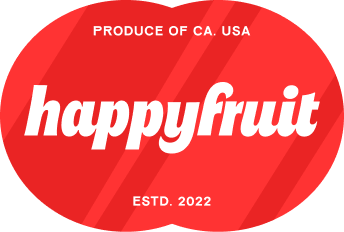
THC and CBD: Which Cannabinoids Are Legal In the United States?
Share
With the hemp and cannabis markets booming in the United States, many customers remain unsure about the legal status of the various cannabinoids. Legal hemp products were essentially established in 2018, when the United States Farm Bill was passed. This legalized hemp and CBD products that contain 0.3% THC or less. As the Farm Bill was recently extended, this remains the legal status of hemp products at the federal level. Although this seems pretty cut and dry, the legality of THC across the nation is much more complex. This is because each state has the right to regulate this cannabinoid however they see fit, even though it is still considered a controlled substance by the federal government. Continue reading to learn more about the legal status of CBD and THC products across the United States.
Is THC Legal in the United States?
In every state, hemp products that contain up to 0.3% THC are considered federally legal. Nonetheless, at the federal level, cannabis plants and products with higher THC contents are still illegal. The 2018 Farm Bill was extended for one year at the end of 2024; it will then need to be reauthorized once more. As each state adopts its own position on this contentious substance, the legality of THC in the United States becomes a bit more complicated. For this reason, it is crucial that cannabis customers across the nation stay informed about the legal status of this cannabinoid in their respective states when making purchase decisions.
As of 2025, 40 American states have legalized medical marijuana and 24 have legalized THC for recreational use. Legal cannabis markets are well-regulated in states like California, Colorado, and Oregon. On the other hand, delta-9 THC is still prohibited in states where cannabis is not permitted for either medical or recreational use, such as Kansas, Wyoming, and Idaho.
Cannabinoid Legality
The legal environment surrounding delta-9 THC and CBD in the United States has been influenced by both federal and state laws. Hemp and cannabis products with higher THC concentrations are still illegal at the federal level, even though the 2018 Farm Bill permitted hemp-derived products with low levels of delta-9 THC. The legality of THC, however, varies greatly from state to state; some have outright legalized cannabis, while others have outright banned it. Businesses and consumers must be informed about the ever-changing regulatory environment as cannabis laws continue to evolve in order to maintain compliance with local, state, and federal regulations.
Discover “Legal THC Gummies Near Me”
To learn more about hemp and cannabis legality in the United States, visit the Happy Fruit blog. On our website, you will also find our full selection of high-quality THC gummies. Each of our products is tested in a third-party lab so that the results can be published on our website. This enables our customers to rest assured that they are purchasing and using only the best THC gummies on the market. To learn more about our THC gummies and their numerous potential uses, visit our website!

